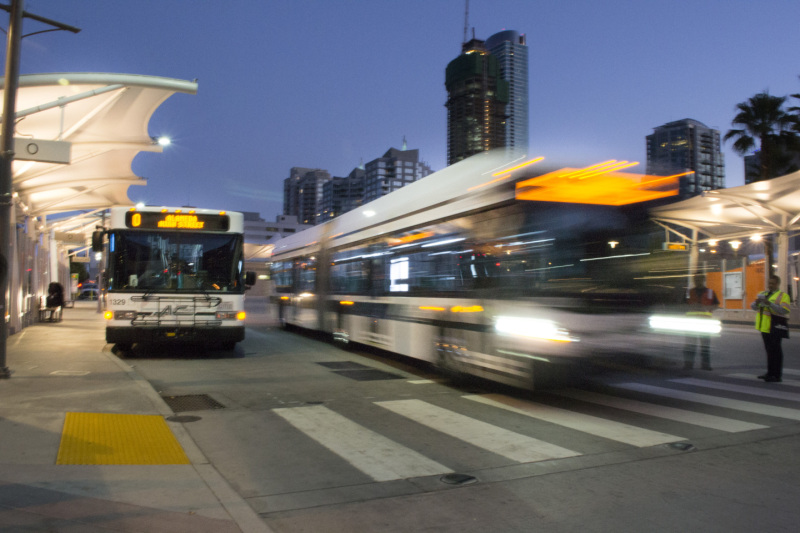FPPC spokesman Jay Wierenga said Monday the proposed amount of the fine in the Williams case, $60,000, "is a lot." He explained that in the relatively rare case in which an officeholder or candidate doesn't respond to agency inquiries, "the enforcement division will go to the high end to get their attention."
And in fact, the enforcement division has already signaled its willingness to settle for less than the $60,000 fine it has asked commission members to approve next week. In an email last November, enforcement counsel Ruth Yang told Williams that once his delinquent statements are filed, "I can send you a stipulated agreement with a demand for a reduced penalty."
Williams, a 2004 graduate of Oakland's St. Elizabeth High School and former student at Laney College, was elected to the board in 2010 after serving a brief stint on AC Transit's Accessibility Advisory Committee.
At 24, Williams was the youngest person ever elected to the board. He was re-elected in 2014, and his seat -- representing AC Transit's Ward 4, including parts of San Leandro, Castro Valley and Hayward -- is up for election again this year.
The FPPC complaint and financial disclosure data on file with the Alameda County Registrar of Voters show that Williams has not filed semi-annual campaign statements required under California's Political Reform Act since January 2011. The complaint notes that Williams's election committee showed a balance of $6,295.65 after the 2010 campaign.
"Without any subsequent reporting, the public has not information regarding the disposition of those funds," the document says. The document adds that by seeking re-election "without filing a single campaign statement ... Williams hid his campaign activities from his opponent and the public.”
The AC Transit Ward 4 race in 2010 was not a high-profile, big-money affair. Williams ran against Gavin Wilgus, whom the East Bay Times described as a property manager working on a master's degree in public administration at Cal State East Bay.
Wilgus's campaign paperwork doesn't turn up in Alameda County's campaign finance database. Records for Williams show that he raised a total of $8,775 for the campaign, with $7,750 coming from unions. The Amalgamated Transit Union, which represents AC Transit's drivers, donated $5,500 of that total.
Williams won 70 percent of the vote.
In 2014, Williams sought re-election against Murphy McCalley, a Castro Valley-based transportation and transit finance consultant. Records show McCalley raised about $16,500 for the race, include $6,500 he loaned the campaign himself.
While Williams didn't file campaign statements for the 2014 race, a check of the labor organizations that backed him four years earlier shows he raised at least $4,700 from them. That total includes $2,000 from AFSCME Local 3916, $1,500 from a Teamsters campaign committee and $1,200 from the Amalgamated Transit Union.
Despite McCalley's apparent fund-raising edge, Williams won in 2014 with 58 percent of the vote.
The seven-member AC Transit board oversees a bus system that operates local and transbay service in the 35-mile corridor from San Pablo to Fremont. The system carries about 171,000 riders each weekday and has an operating budget of $420 million.
In his most recent conflict of interest statement filed with AC Transit, Williams says he worked in 2016 as a political organizer for the Alameda Labor Council, a coalition of East Bay unions. He listed his gross 2016 salary in that position as between $1,000 and $10,000.
Williams also receives an $1,185 monthly stipend and benefits as a board member. According to Transparent California, his total compensation from AC Transit in 2015 was $22,593, including benefits.
